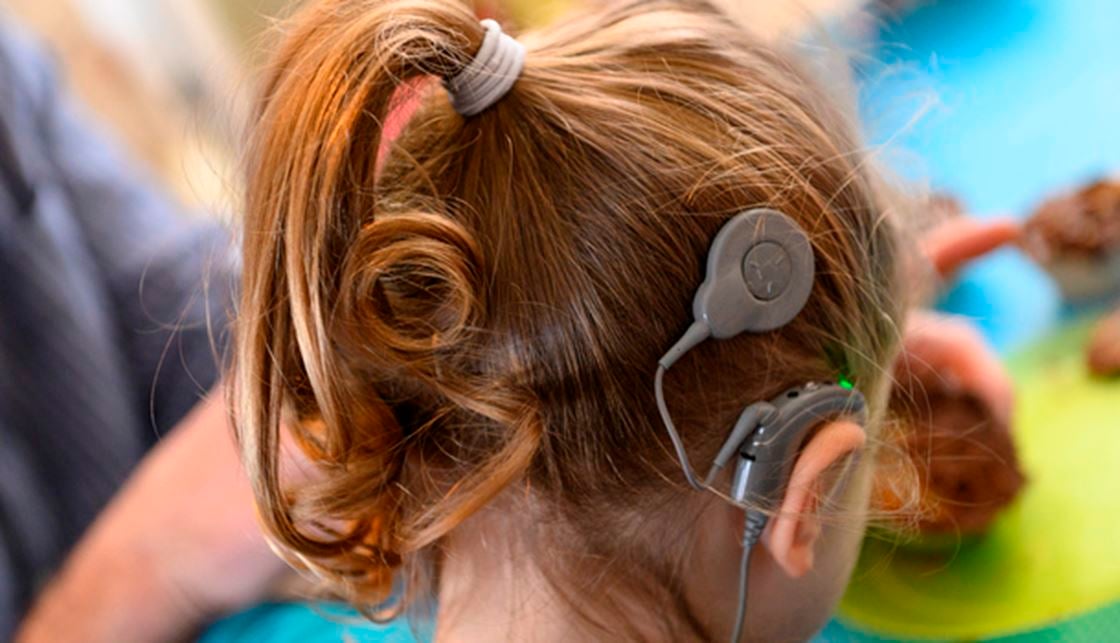Ask the Specialists
Sleep Apnea and Snoring

Sleep apnea is a serious sleep disorder where breathing repeatedly stops and starts during sleep, often accompanied by loud snoring. It can lead to various health issues if untreated, including daytime fatigue and cardiovascular problems.
Diagnosis and Treatment
Diagnosis
The diagnosis of sleep apnea and snoring involves several steps to determine the severity of the condition and its underlying causes. These may include:
- Medical History: A detailed review of your sleep habits, medical history, and symptoms, such as snoring, fatigue, and breathing difficulties during sleep.
- Physical Examination: A physical examination of the nose, throat, and mouth to check for anatomical issues that may contribute to airway blockage, such as enlarged tonsils or a deviated septum.
- Polysomnography (Sleep Study): A comprehensive overnight sleep test that monitors various body functions during sleep, such as breathing patterns, heart rate, oxygen levels, and brain activity. This is the gold standard for diagnosing obstructive sleep apnea (OSA).
- Home Sleep Apnea Test (HSAT): In some cases, a simplified version of a sleep study may be done at home using portable devices to monitor breathing and oxygen levels.
- Imaging Tests: X-rays or CT scans may be recommended to assess structural issues in the airway that could contribute to snoring or sleep apnea.
Treatment
Treatment for sleep apnea and snoring depends on the severity of the condition and its causes. Common treatment options include:
- Lifestyle Changes: Weight loss, avoiding alcohol, and sleeping on your side can reduce snoring and improve sleep apnea symptoms.
- Continuous Positive Airway Pressure (CPAP): A CPAP machine delivers a constant stream of air through a mask to keep the airway open during sleep, and is the most common treatment for moderate to severe sleep apnea.
- Oral Appliances: Custom-made dental devices can help reposition the jaw and tongue to keep the airway open during sleep, particularly for mild sleep apnea and snoring.
- Surgery: In cases where anatomical issues are contributing to sleep apnea or snoring, surgical options may include:
- Uvulopalatopharyngoplasty (UPPP): Removal of excess tissue from the throat to widen the airway.
- Genioglossus Advancement: A procedure to reposition the tongue muscle attachment to prevent airway collapse.
- Maxillomandibular Advancement (MMA): Jaw surgery to enlarge the airway.
- Inspire Therapy: A surgically implanted device that stimulates the airway muscles to stay open during sleep.
- Positional Therapy: In some cases, sleep apnea is worse when sleeping on the back. Special devices or techniques can help keep patients sleeping on their sides.
Preventive Measures
Preventive Measures for Sleep Apnea and Snoring
- Maintain a Healthy Weight: Obesity is a significant risk factor; weight loss can improve symptoms.
- Avoid Alcohol and Sedatives: These can relax the throat muscles and worsen sleep apnea.
- Sleep on Your Side: This position may help keep the airways open.
- Practice Good Sleep Hygiene: Ensure a consistent sleep schedule and a comfortable sleep environment.
Sleep apnea is a sleep disorder characterized by repeated interruptions in breathing during sleep, leading to poor sleep quality and daytime fatigue.
Common symptoms include loud snoring, gasping for air during sleep, excessive daytime sleepiness, and difficulty concentrating.
Diagnosis typically involves a sleep study (polysomnography) that monitors your sleep patterns and breathing.
Treatment options may include lifestyle changes, CPAP machines, oral appliances, or surgery in severe cases.
Yes, untreated sleep apnea can lead to high blood pressure, heart disease, and stroke.



